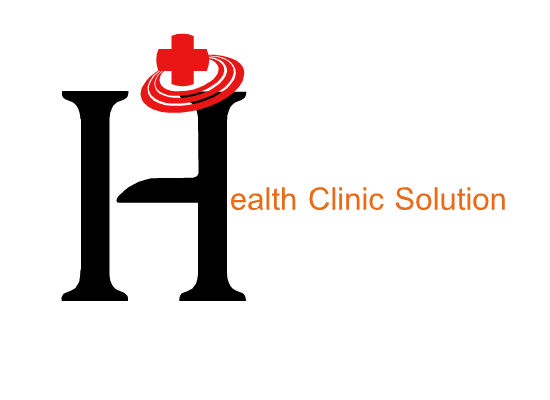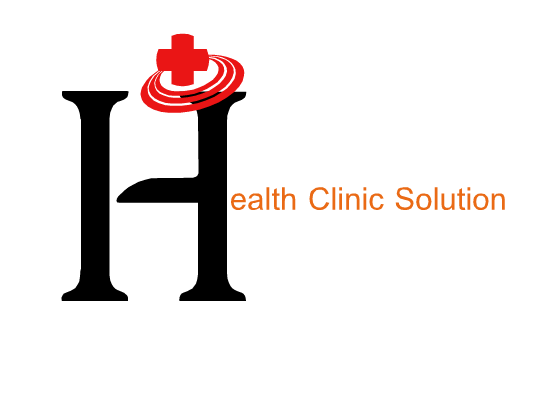Intro Egg calories:
 |
| egg calories |
If you’re trying to keep your egg calories intake in check, it’s important to know how many calories are in different foods you might eat. Eggs are common ingredients in breakfasts, lunches, and dinners, making them hard to avoid and easy to forget about when considering how many calories you’re eating per day. While they aren’t exactly packed with nutrients, they can be essential in providing the protein and nutrients that you need on a daily basis. To help you determine how many calories are in an egg, we’ve compiled all of the information that you need right here!
Breakfast Foods Are Important:
There’s a reason people say breakfast is one of the most important meals of the day. This first meal gives you the energy to tackle your day and ensures you won’t be hungry before lunch. What's more, research shows that eating breakfast with eggs. Many egg calories in an egg. But not all breakfast foods are equally healthy; some can pack on unwanted pounds and add extra calories to your diet. It's important to understand how much a serving size is for different types of food so you know what makes a filling yet nutritious meal and what doesn't make much sense as part of a plan to lose weight or prevent disease. Egg provides about 1 egg calories 70-100 calories, depending on the cooking method. Fruit varies from 25-60 depending on its size and variety. Fresh fruit generally has fewer calories than dried fruit because it contains less sugar.
Eggs:
 |
| egg calories |
Are they healthy? Are you smarter if you eat eggs or avoid them? A review of egg nutrition finds that eating eggs could be a smart move if you can afford it. Eggs come with high-quality protein and many vitamins, but their calories may also kick you out of your calorie budget. To help cut back on excess calories, use our calculator to determine how many calories there are in egg calories so that you can plan accordingly. If your body responds well to eggs and if they’re a regular part of your diet, consider adding an egg-eating day once per week to create some variety and allow for balance. Get cooking! Here's a recipe for breakfast burritos: Fry an egg in 1 teaspoon olive oil
Eggs Have Fats:
Not all fats are bad, but it’s important to be aware that egg calories. Since one large egg has 185 calories, it’s a good idea to keep tabs on your intake to make sure you aren’t eating too many calories. In fact, it’s best if you just eat one or two whole eggs at a time because they do contain saturated fat. The American Heart Association recommends consuming no more than 300 milligrams (mg) of cholesterol daily for healthy individuals and 200 mg for those with high blood pressure or pre-diabetes issues. So how does the egg really stack up?
Healthier Than Oatmeal:
An omelet has roughly 200 egg calories, depending on how much cheese and other ingredients you use. That's 50 calories less than a bowl of oatmeal. However, oatmeal is higher in protein and fiber, which is why nutritionists have long recommended it as a healthy breakfast option (or as a mid-day snack). An egg also contains omega-3 fatty acids, which may reduce your risk for heart disease. So if you're eating an egg for breakfast because you don't have time to prepare something else, don't feel guilty about it; eggs can be part of a healthy diet. In fact, many people think the best way to eat eggs is raw or slightly cooked with their yolk intact
Eggs Are Low in Sodium:
Sodium is one of those nutrients we need, but too much can cause high blood pressure. High blood pressure can be a risk factor for heart disease and stroke. In general, try to limit your sodium intake to less than 2,300 milligrams per day. Eating foods with lots of sodium (like processed foods) will add up quickly. One egg calories have about 70mg of sodium. Compare that to 1 cup of soup which has about 500mg! The main sources of sodium are table salt, soy sauce, other condiments like ketchup or mustard, and canned goods like soups or pasta sauces. When you're cooking at home it's easy to make sure the amount you use is appropriate by measuring it out or using a fresh-packet measurer like Morton Lite Salt.
What's the Difference Between Whites and Yolks?
The egg yolk contains approximately 185 calories and 13 grams of fat. The egg white has 78 calories, 0g of total fat, and no cholesterol. All foods have calories, even eggs. So while egg calories can be part of a healthy diet as long as you don't consume too many calories (they do contain fat), it's important to keep track of how many eggs you're consuming on a daily basis. Eggs are also high in nutrients such as protein, selenium, riboflavin, vitamins B6 and D, and chorine - but egg yolks do contain saturated fats which can increase your cholesterol levels if consumed at high levels. To reduce saturated fats per serving: Do not fry or scramble more than two whole eggs for one serving.
Start Each Day with a Healthy Breakfast:
 |
| egg calories |
Whether you’re preparing for a big event, looking to lose weight, or just trying to maintain a healthy lifestyle, egg calories can be an excellent source of energy. Not only do they provide nine essential amino acids, but they also pack more than six grams of protein per egg making them a perfect component for muscle-building meals. Here are a few tips on how to incorporate eggs into your diet. A) Start the day with an omelet made with three whole eggs and mixed vegetables (150 calories).



1 Comments
Good
ReplyDelete